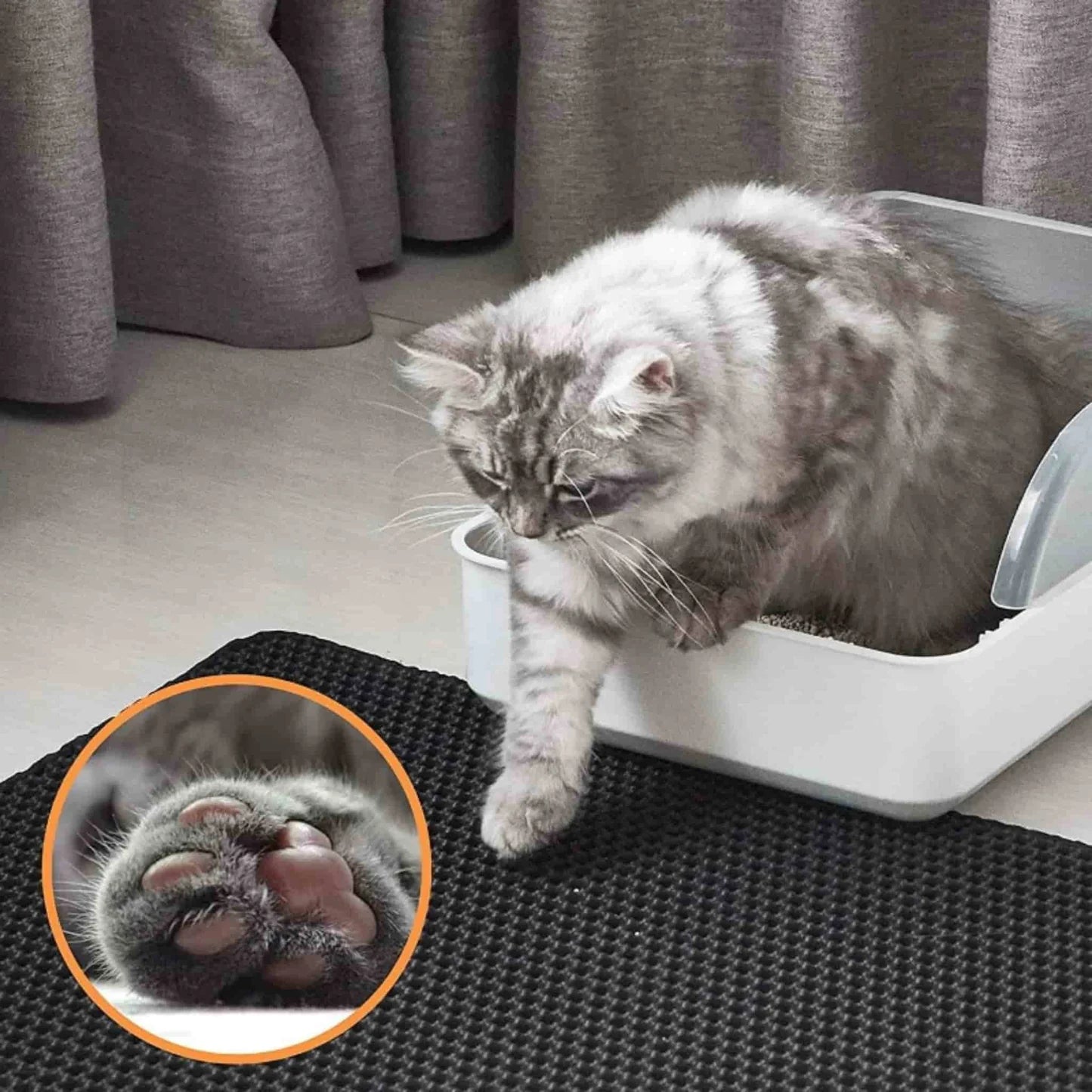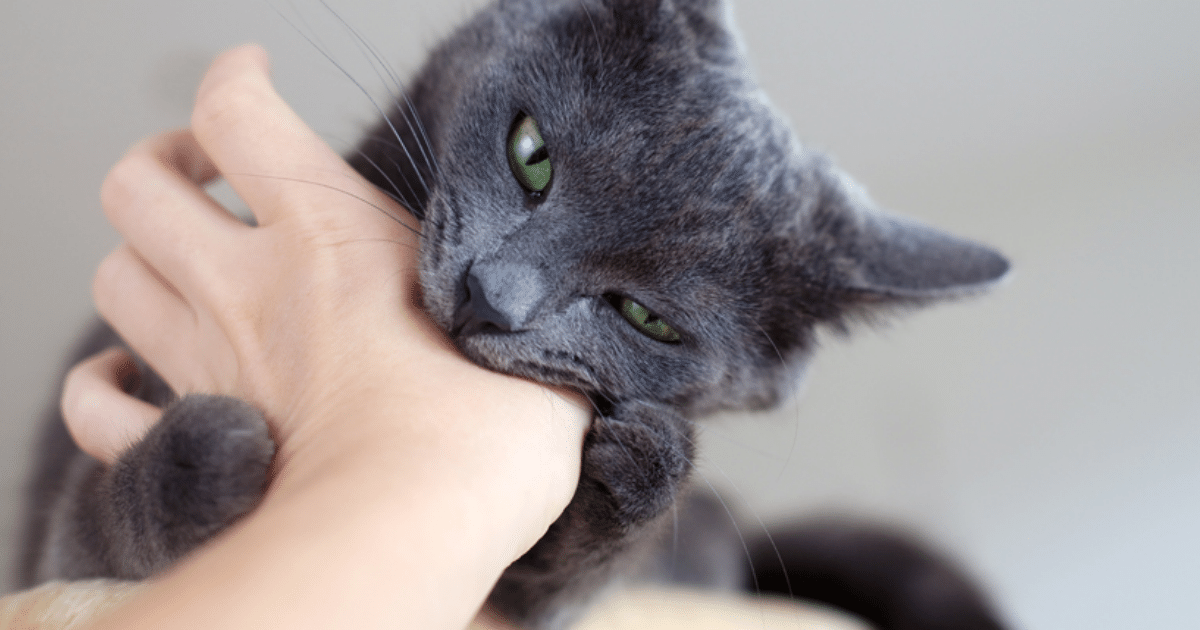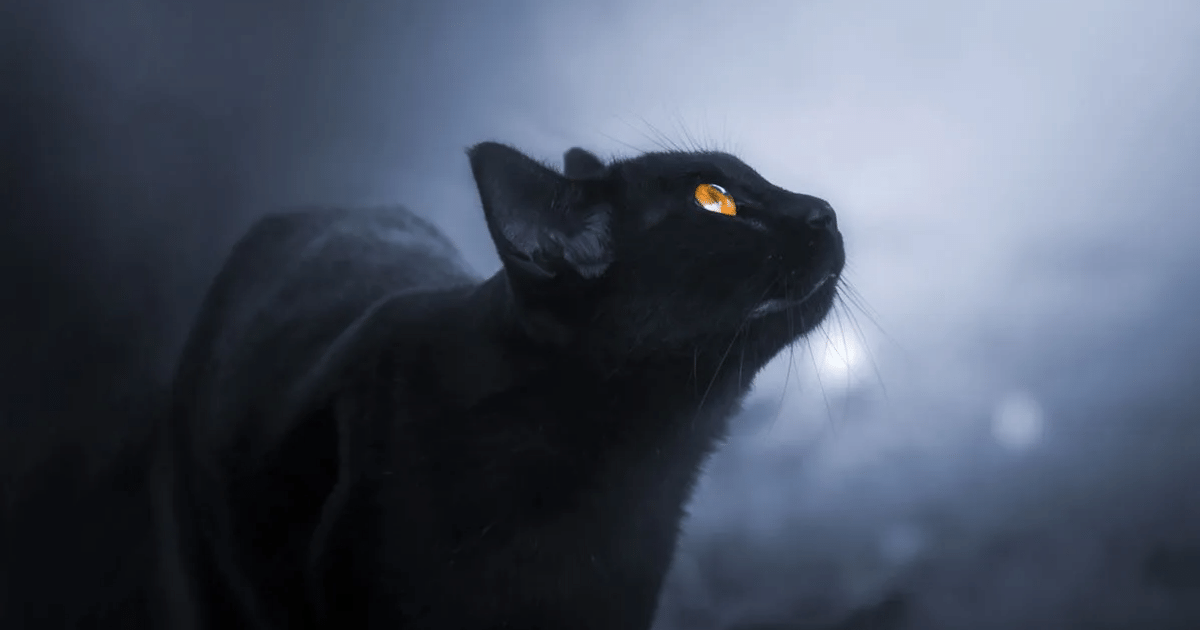Cat Tail Injury: The 6 Most Common Injuries

Useful in many aspects of a cat's life, however, the tail is not immune to possible injury. Like most of the elements that make up the anatomy of the cat, its tail can also be subject to various lesions, abrasions, bites, fractures, burns, etc.
Let's look at the 6 common forms of lesions that can affect your cat's tail to be prepared in the event of a problem with your cat's tail.
Abrasions
Abrasions are one of the most common forms of lesions in our feline friends. They occur more often when your cat's tail clings to thorny plants while he is on vacation, for example, or any other object that could injure him. Abrasions are usually less serious, but they should not be overlooked.
Because they can become infected, it is essential to make sure to treat your cat's tail when you notice it showing scratches. This involves first disinfecting the cut.
You will also need to monitor the progress of the injury for signs of infection. You will recognize it when you see symptoms such as inflammation, redness or a strange warmth at the site of the scratch.
A bite
A visible lesion on your cat's tail can also be the result of a bite she suffered. Fightingand confrontation between fellow creatures are originally in the majority of cases for this type of injury to your pet.
In fact, during their struggle, his opponent can go after his tail and bite it strongly, it can even happen that it is severed. However, a visible bite requires care which depending on the case can be applied by you or by the veterinarian. Thus, in the event of a bite, you must first disinfect the wound, even if it seems very small to you.
On the other hand, if the lesion is more serious, simple disinfection may be insufficient. You should ideally consider a visit to the vet.
A fracture
Another form of injury that your feline's tail can suffer from is a fracture. A broken or fractured tail is a very rare type of injury, in most cases the origin of which is accidental. This can be the case after your cat has been hit by a vehicle, for example. The fracture can also occur when its tail is stuck after a sudden and quick closing of a door, even a violent bite of an animal.
The break can occur at the base of the tail, in the middle or at the end of the tail. And usually results in a dislocation of one of the caudal vertebrae, or even a nerve and muscle section.
In general, you may be alerted by signals such as difficulty or inability for your cat to lift or move its tail, an apparent deformation of the tail or difficulty in moving, among others.
In all cases, an X-ray examination may be necessary to assess the severity of the fracture and determine the treatment, which may go as far as amputation depending on the severity.
A burn
Burns to your cat's tail are the result of exposure to a source of intense heat. This form of injury will occur, for example, when your four-legged friend has inadvertently placed his tail in contact with an exhaust pipe of a car or a motorcycle. But he can also get his tail burnt after venturing too close to the fireplace.
In the event of a serious burn your small feline may have its skin torn off and feel a sharp pain in the tail. This is why you must urgently take him to a veterinary clinic so that the injury is taken care of quickly.
An allergy
Allergic reactions can also be the cause of lesions on your cat's tail. While the allergens to which cats are exposed are multiple, those directly involved in the lesions are most often flea bites. They cause inflammation of the skin and can be accompanied by itching in the tail.
If you suspect that an allergy is the cause of a lesion on your cat's tail, a preliminary step will be to determine the responsible allergen. If in doubt, do not hesitate to seek the advice of your veterinarian.
Self-mutilation
Finally, injuries to your companion's tail can result from self-mutilation of the latter, either because he is stressed or because he suffers from feline hyperesthesia syndrome.
Self-Injury Due To Stress
Self-injury is one of the many manifestations of the detrimental effect that stress can have on felines. It can happen that a cat experiences such great stress that it leads to a tendency to bite its tail and end up injuring it.
It is common in this hypothesis that the solicited veterinarian recommends wearing a collar while the stress subsides.
The feline hyperesthesia syndrome
This condition generally results from the meeting of 3 elements: an extreme sensitivity of the senses of the cat, muscular contractions can be controlled and a feeling of permanent discomfort to be eliminated.
Hyperesthesia syndrome can cause your pet to frantically lick the part of the body targeted by the affection (its tail for example), or even attack it fiercely to the point of injuring it.





















